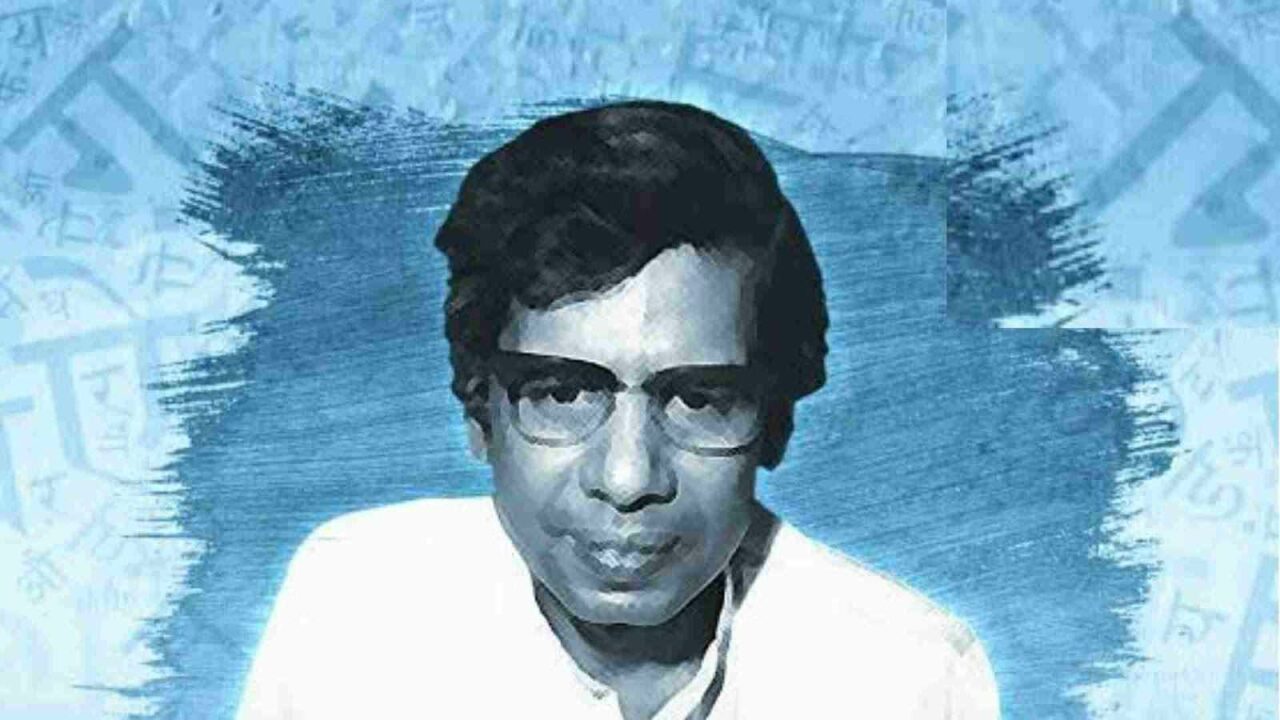Phanishwar Nath Mandal Renu 46th Death Anniversary: The literature of Hindi is the epitome of grace and value. The forerunners of Hindi literature, such as Premchand, Mahadevi Verma, Jaishankar Prasad, and Phanishwar Nath Renu, among others, have created some of the noblest works. Regarding this, Phanishwar Nath Renu has made significant contributions to Hindi literature, particularly as the representative of rural India. If Premchand was known as “Qamal Ka Sipahi,” then Renu was celebrated as the chronicler of the oppressed and the impoverished. Renu’s revolutionary nature characterised the post-Premchand period. Renu incorporated regional perspectives into mainstream Hindi literature by way of the ‘Aanchalik Upanyas’ genre, or regional novels.
Renu’s Revolutionary Origins: A Biography
Phanishwar Nath Renu was born in the Bihar district of Purnia on March 4, 1921. He received his primary education in Araria and Forbesganj, both in Bihar. In 1942, he completed his matriculation at the Viratnagar Adarsh Vidyalaya in Viratnagar, Nepal, and his intermediate education at the Kashi Hindu Vishwavidyalaya.
The author experienced the Indian liberation struggle firsthand. This era was characterised by surges of revolutions and developments. Renu had not distanced himself from the period’s many upheavals, but had actively participated in the majority of them. He experienced both the Quit India Movement and the Nepali Revolutionary conflict. Renu had participated in the struggle against the dictatorship in Nepal, as well as the efforts to establish democracy in the country.
Renu established himself as a revolutionary thinker and writer amidst the sociopolitical and economic trends of India and the neighbouring nations. His in-depth examination of rural India is more illuminating than expected. His myriad works vividly depict the multitude of changes that were occurring in rural India during independence and the constitution-drafting process. In his works, he subjectively portrayed the backwardness of the farmers, the poverty in his native state of Bihar, and the lives of the Dalit Bahujan and Adivasis.
Ayesha Takia Biography: Age, Height, Husband, Birthday, Career, Net Worth
Phanishwar Nath Renu: Contravention of Norms and Hierarchies
The Khadi Boli dialect of Hindi was elevated to language status. It was the vernacular of the elites, while the polyphony of rural India was ignored. The exceptional subversion of Khadi Boli in his writing by Phanishwar Nath Renu is commendable. His use of Hindi with a local flavour rather than Khadi Boli fostered an intimate relationship with his readers and rural people. He utilised the variety of languages and gave the vernacular of the common people its due representation. Typically, his paragraphs were infused with six to seven rural Indian languages.
His works are filled with the pervasive problems of unequal ownership, the disparity between the wealthy and poor, between the upper and lower castes. As a member of the lower caste community, he gave his community a voice by writing about landless cultivators and members of the lower caste.
Renu is regarded as the foremost proponent of Hindi literature following Premchand. His works must be remembered for their profound political undertones, intricate social realities, casteism, class hierarchies, and injustices.
Phanishwar Nath Renu: His Literature and Accomplishments
The novels Maila Anchal, Parti Parikatha, Juloos, Deerghtapa, Kitne Chaurahe, and Paltu Babu Road are written by Phanishwar Nath Renu. Maila Anchal (1954) is his magnum opus and is regarded as the second-best work after Premchand’s Godaan. (1936). In addition, he received the Padma Shri for Maila Anchal. The short stories of Phanishwar Nath Renu include Maare Gaye Gulfam, Ek Adim Ratri Ki Mehak, Lal Pan Ki Begum Panchlight, etc. Included among the few collections of short tales are Thumri Agnikhor and Acche Aadmi. Teesri Kasam, a 1966 film, was based on his short story “Maare Gaye Gulfam.” He also composed the film’s dialogue. His short story “Panchlight” has been adapted into a television short film.
Phanishwar Nath Renu departed on April 11, 1977.

















